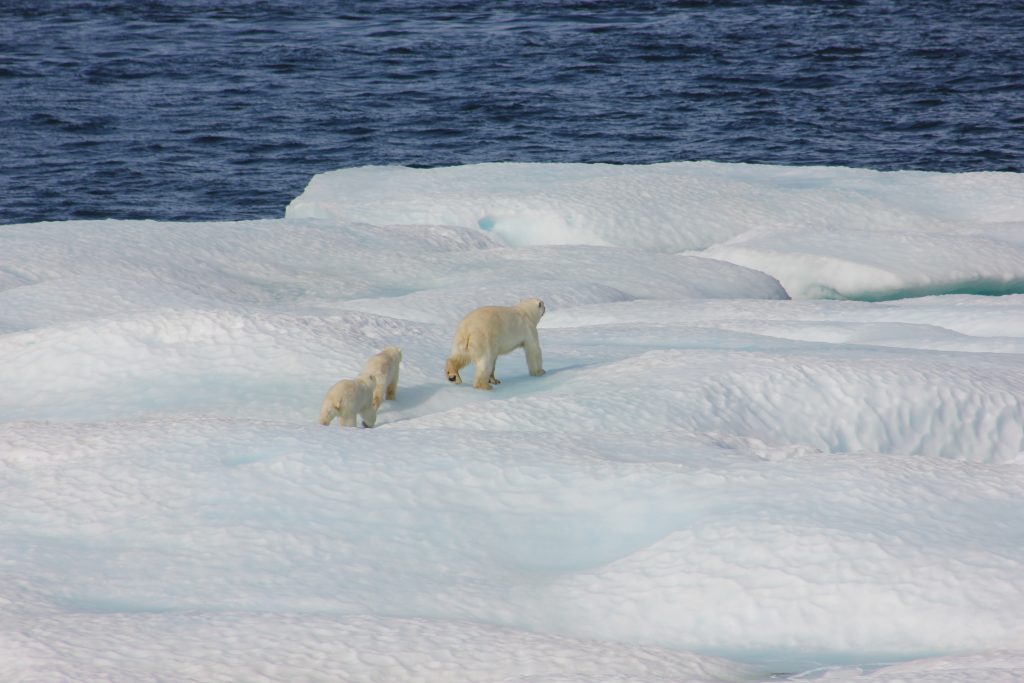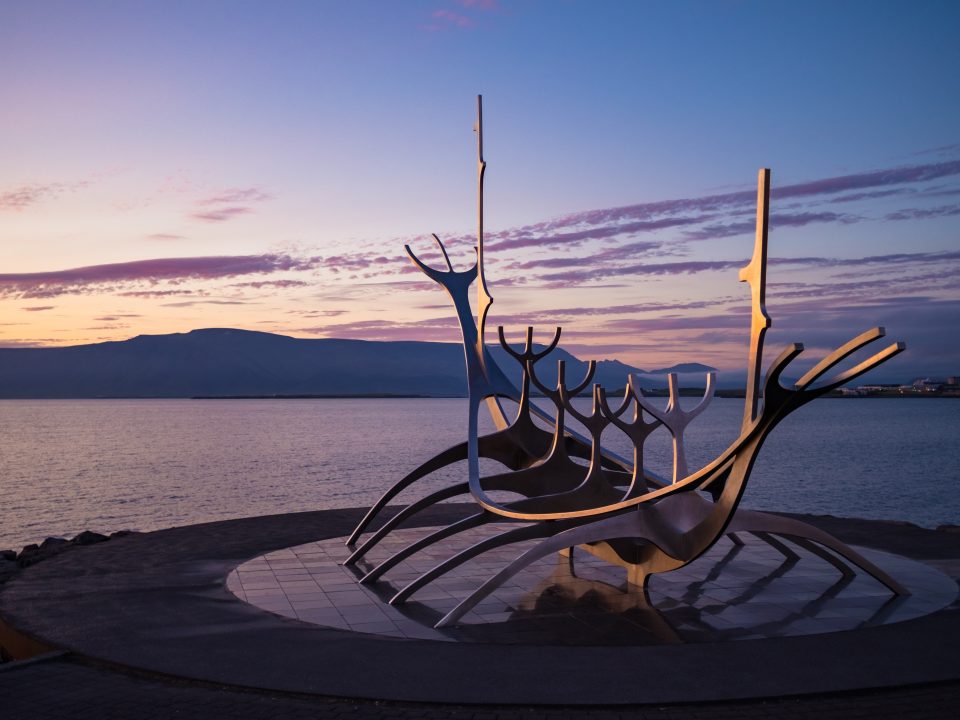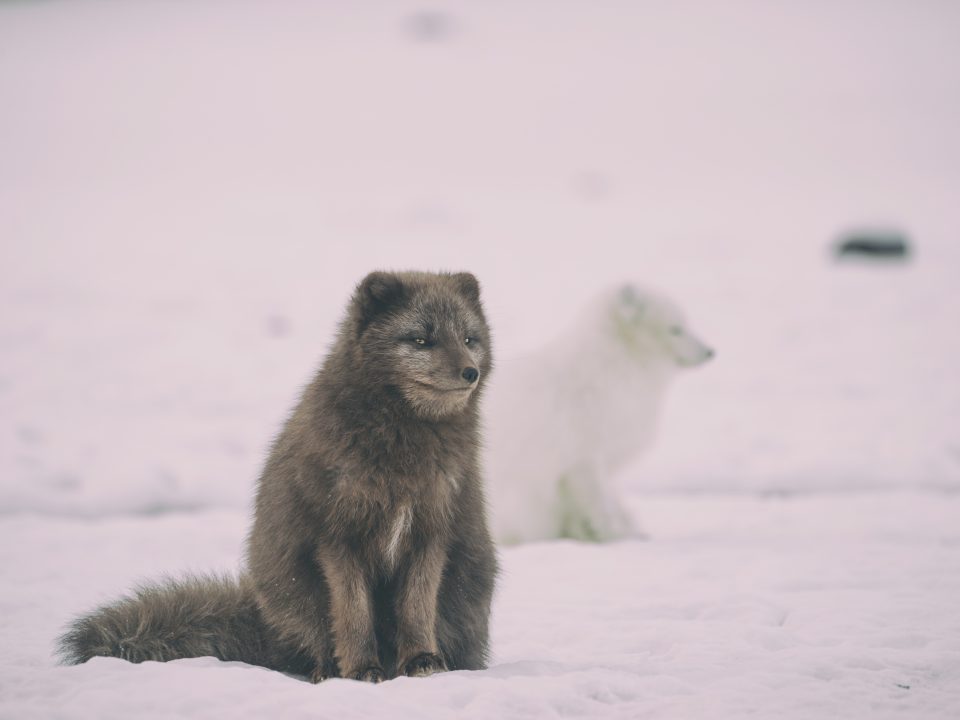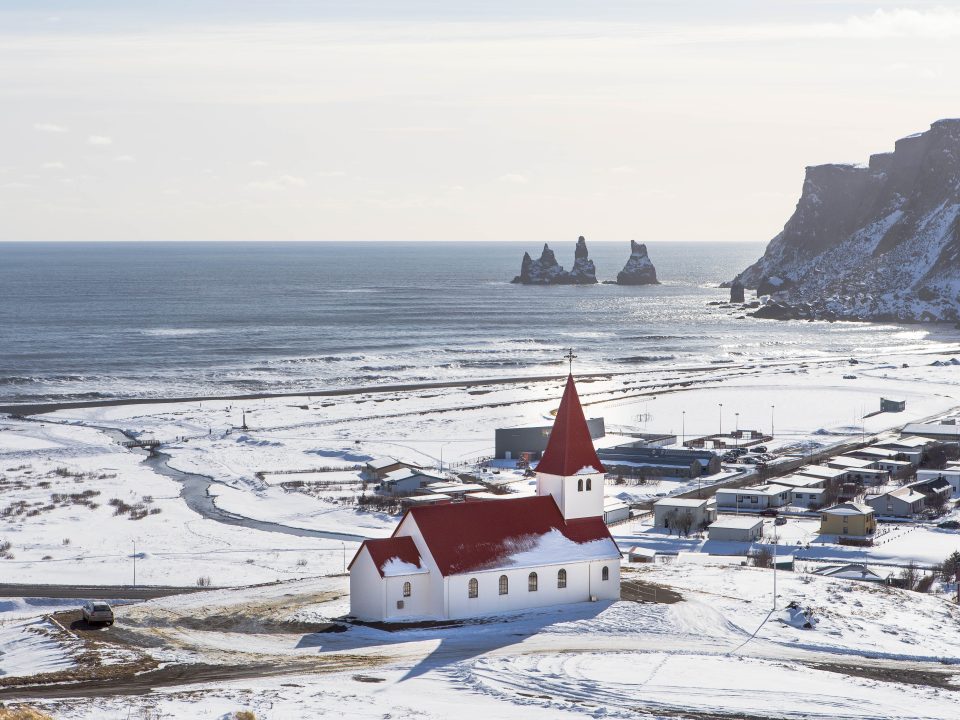ARE THERE POLAR BEARS IN ICELAND?

ICELANDIC CHRISTMAS TRADITIONS: THE YULE LADS
December 6, 2021
8 FAMOUS NORSE SYMBOLS AND THEIR MEANINGS
December 13, 2021When you think about cold countries close to the Arctic Circle, it is legitime to wonder if there are any polar bears in the area. Those majestic white bears representing the first animals impacted by climate change and global warming, are they present in Iceland? Well, sorry to disappoint you, but no, you won’t see any Polar Bears in Iceland.
Polar Bears are the only bear species classified as marine mammals as they live mainly on the sea and are located in the Arctic Circle. Meaning, if you go to Greenland, you will see them over there! However, even though Polar Bears are not supposed to be in Iceland, it happens that some lost souls end up drifting to Iceland on icebergs or ice floes.
Since the first settlers arrived in Iceland an estimation of about 600 Polar Bears have ended up on the island.
According to the Icelandic legislation, Polar Bears are considered an endangered species. However, when a Polar Bear ends up reaching the Icelandic lands, they are shot down as locals are concerned with human safety. There are other reasons behind this decision, mostly financial reasons. It is expensive to capture the bears alive and transport them back to Greenland. In addition, the Polar Bears population is rather important in the eastern part of Greenland and can afford to lose one once in a while. This matter is a source of debate in Iceland. In any case, it is known that Polar Bears will never be able to prosper in the Icelandic lands as there is no sea ice here and a limited food supply.
The fact that Polar Bears reach Iceland leads to the question of what is going on in the polar ice caps? Why do Polar Bears end up drifting away from their habitat? It is important to try to understand the source of the problem in order to avoid more killings and protect the environment of this incredible species.
As no surprise, climate change has its part in the matter. Polar Bears are considered as the first species threatened by anthropogenic climate change as it is impacting their food supply and their natural habitat with the melting of the ice, increasing human contact and conflicts as they are in search of food during the summer time, moving a bit away from icebergs. In addition to this, pollution is rather an important factor for the Polar Bears survival. With oil and gas industries moving to the arctic causing potential destruction risks of their natural habitat.
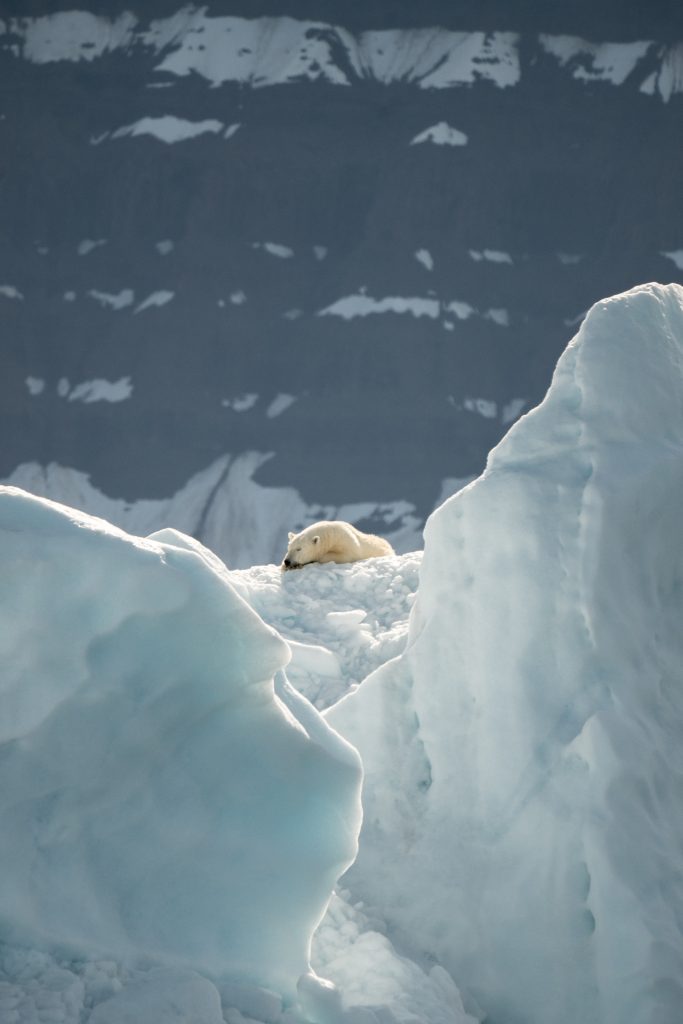
The population of Polar Bears is predicted to decline by 30% by 2050.
